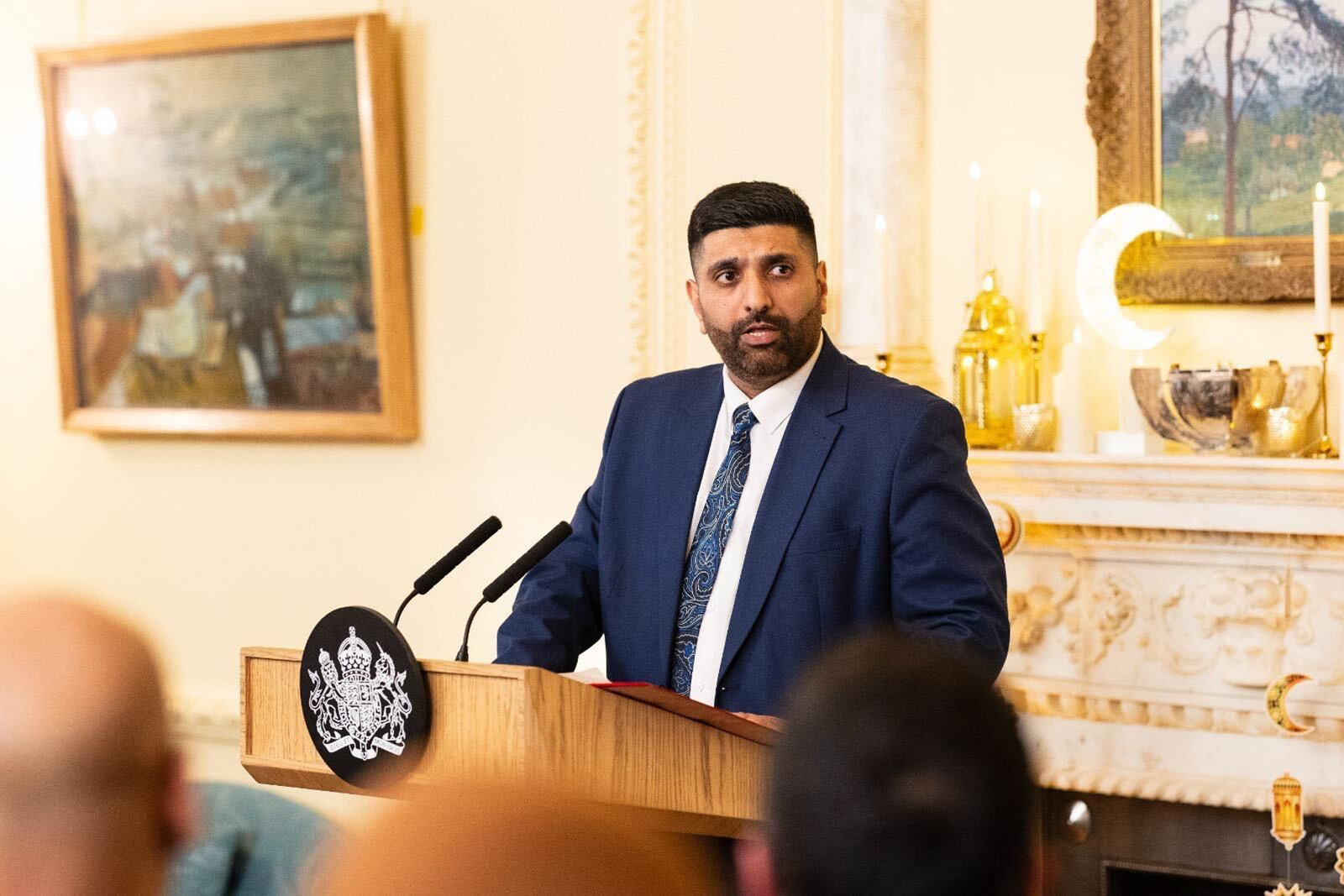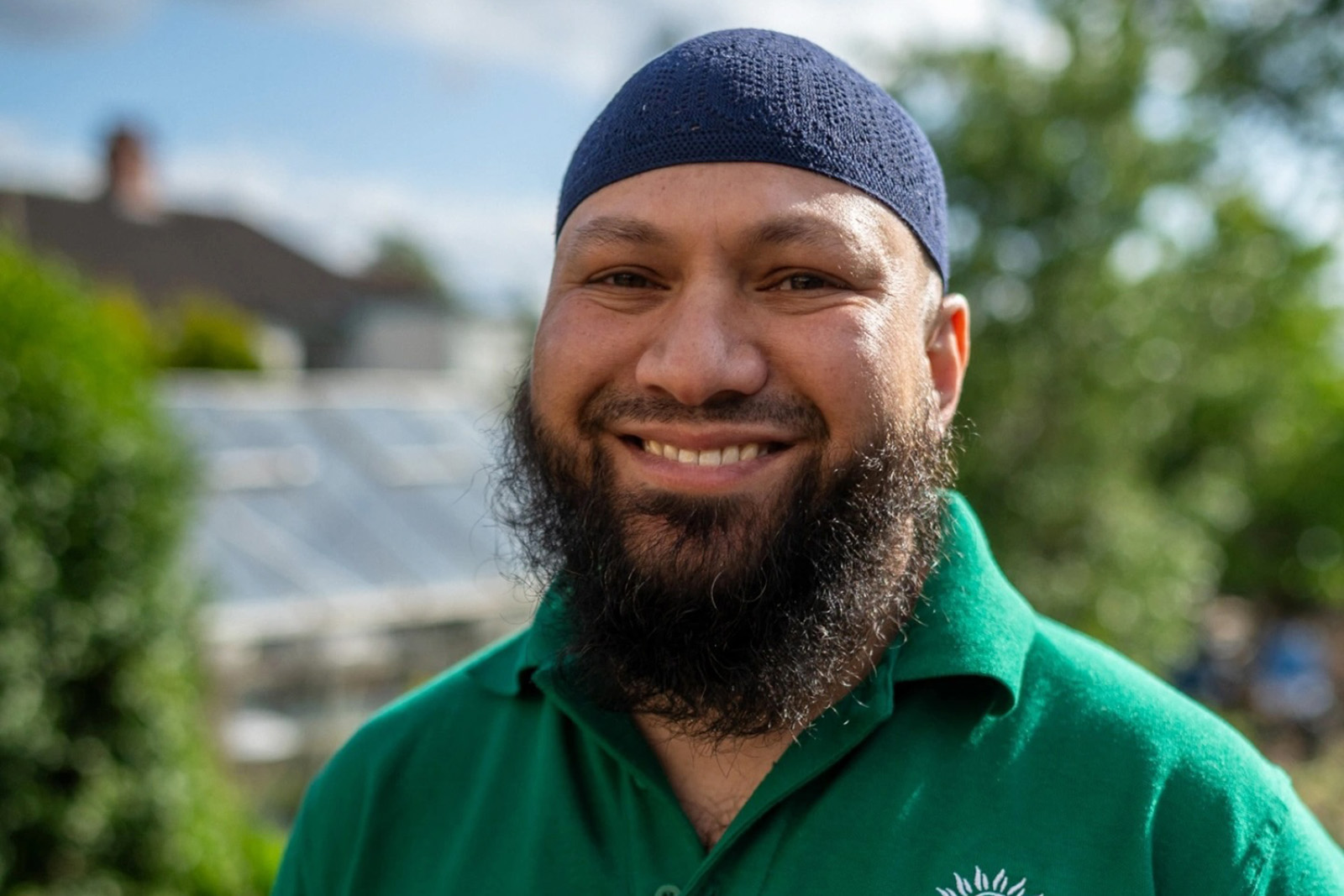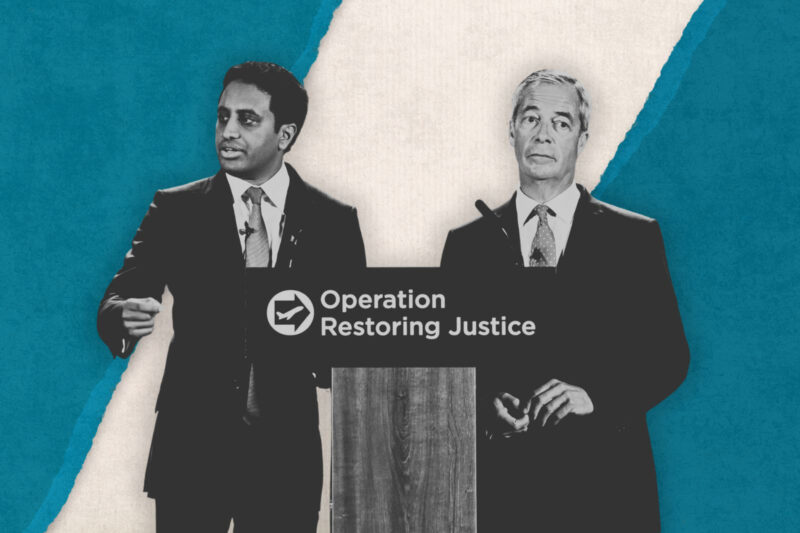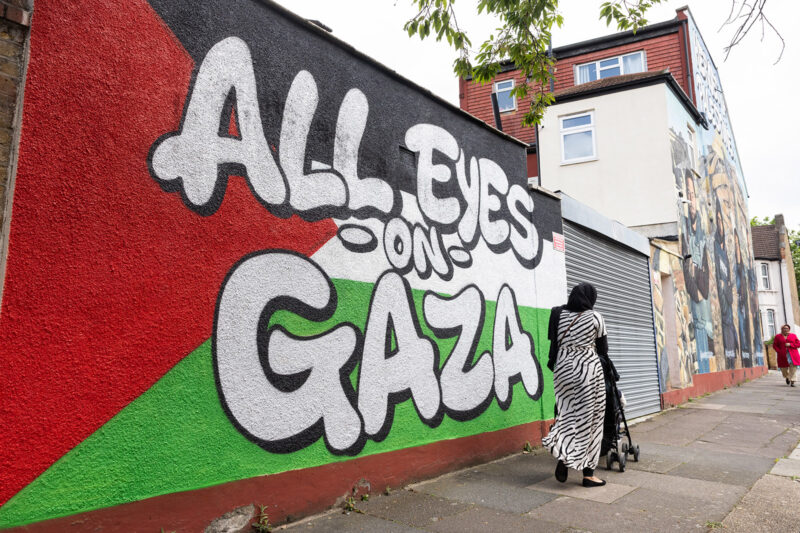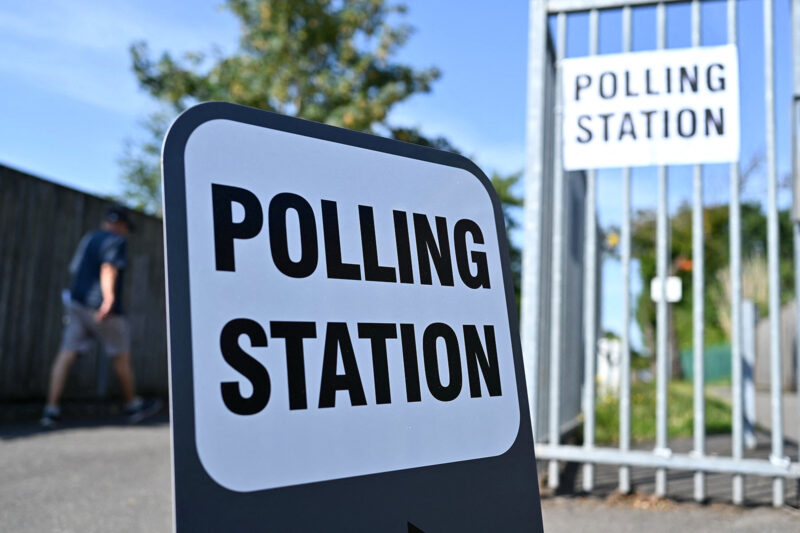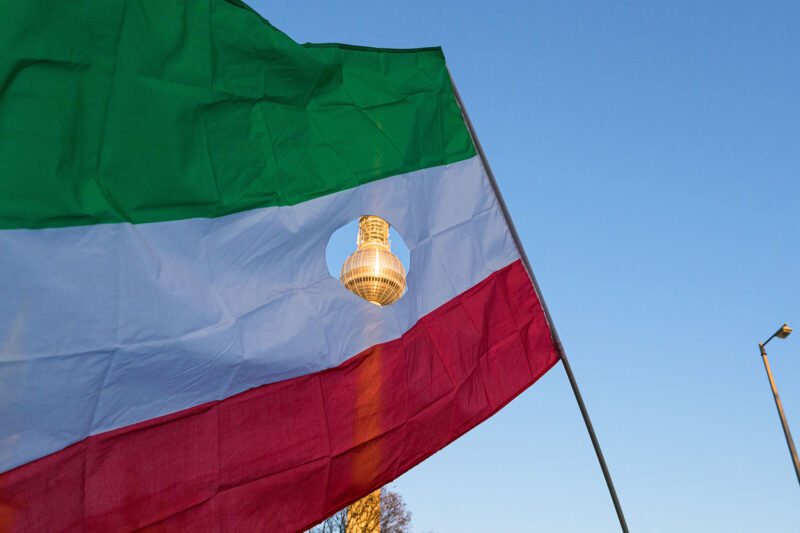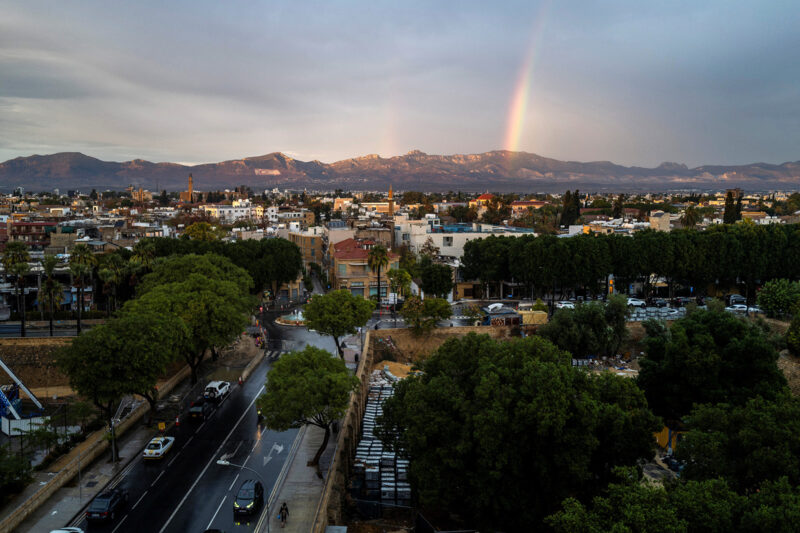‘Life in the UK’ test not fit for purpose, says former resettlement minister
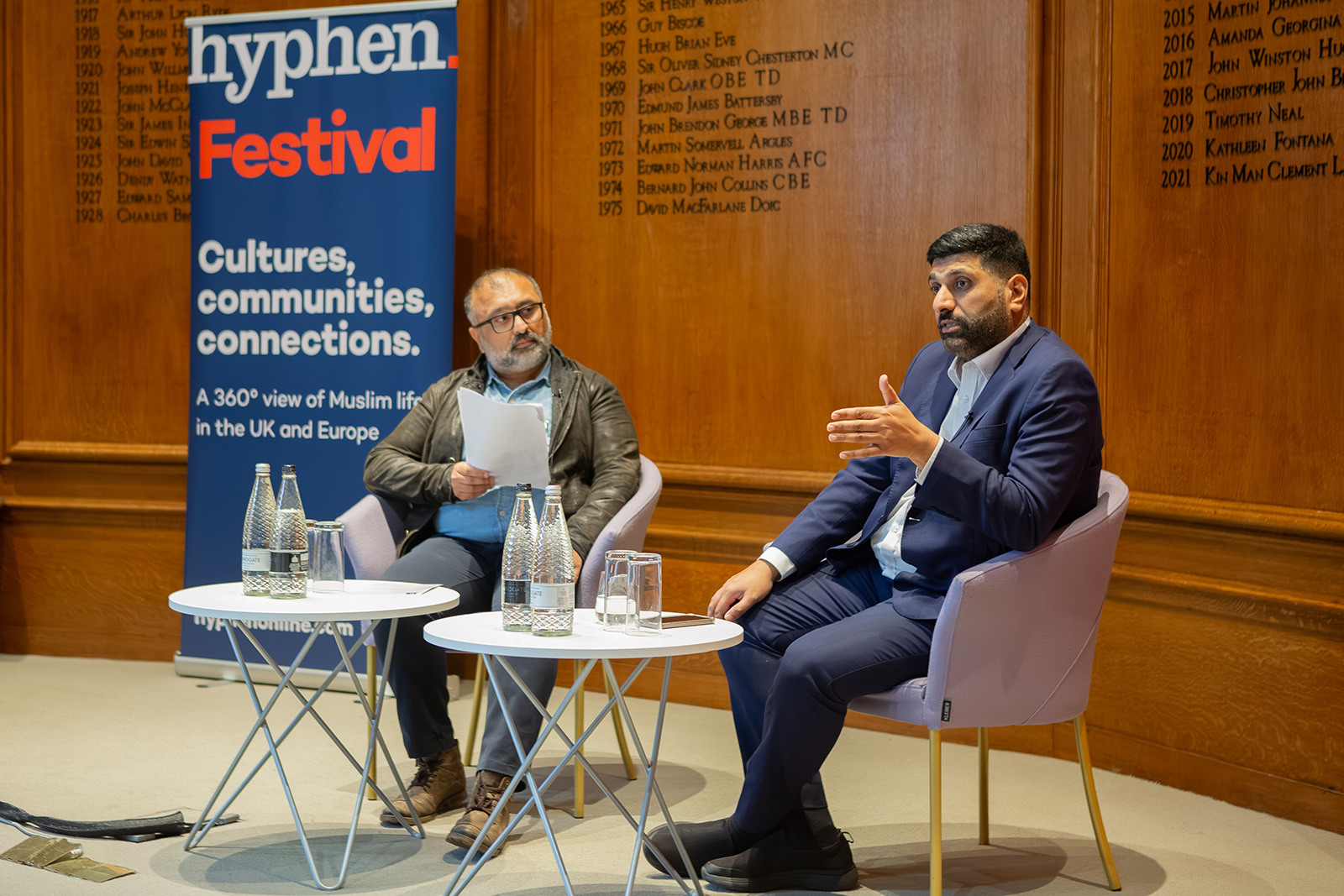
Speaking at inaugural Hyphen Festival, Labour peer Lord Wajid Khan adds that government must do more to tackle cost of living crisis
The government’s “Life in the UK” test for new citizens is not “fit for purpose” and fails to reflect the realities of everyday life in modern Britain, the government’s former resettlement minister has admitted.
Speaking at the inaugural Hyphen Festival in Westminster on Tuesday, Labour peer Wajid Khan — who was sacked from his post as minister for faith, communities and resettlement in September — said the test that foreign nationals must pass to gain British citizenship did not consider the qualities and knowledge that matter most to integration and contribution.
“I can give you that test now — only a few of you would pass,” he told the audience in his conversation with Hyphen editor in chief Burhan Wazir. “I don’t know the answer to who was the king in 1856 or whatever. We’ve got to work out how to make sure practically that people coming to the country can best contribute.”
Khan said the test needed reform to make it more relevant and accessible to people seeking to build lives in the UK. He added that there should be greater support for refugees and asylum seekers to learn English and participate fully in society.
“If you’re going to support people, you need to give them a mechanism and resources to contribute to the country,” he said.
He also urged the government to “do much more” to tackle the cost of living crisis, saying families are still struggling despite efforts to provide support. “It is trying but there needs to be much more focus to ensure that people can have money in their pockets,” he said.
And he warned that misinformation and disinformation about migration were fuelling resentment, describing the early years of his political career as “the first test of fake news — ‘that community is getting everything, we’re getting nothing’”.
Khan criticised the language used by ministers and commentators when discussing immigration. Referring to Keir Starmer’s comments about how the UK risks becoming an “island of strangers” in a speech about immigration — which the prime minister has since said he regrets — he said: “That shouldn’t have happened. I get the point the prime minister was trying to make but the choice of words were just not the right choice.”
He added: “The rhetoric out there is difficult and dangerous but we can’t out-Reform Reform. We should stick to our values.”
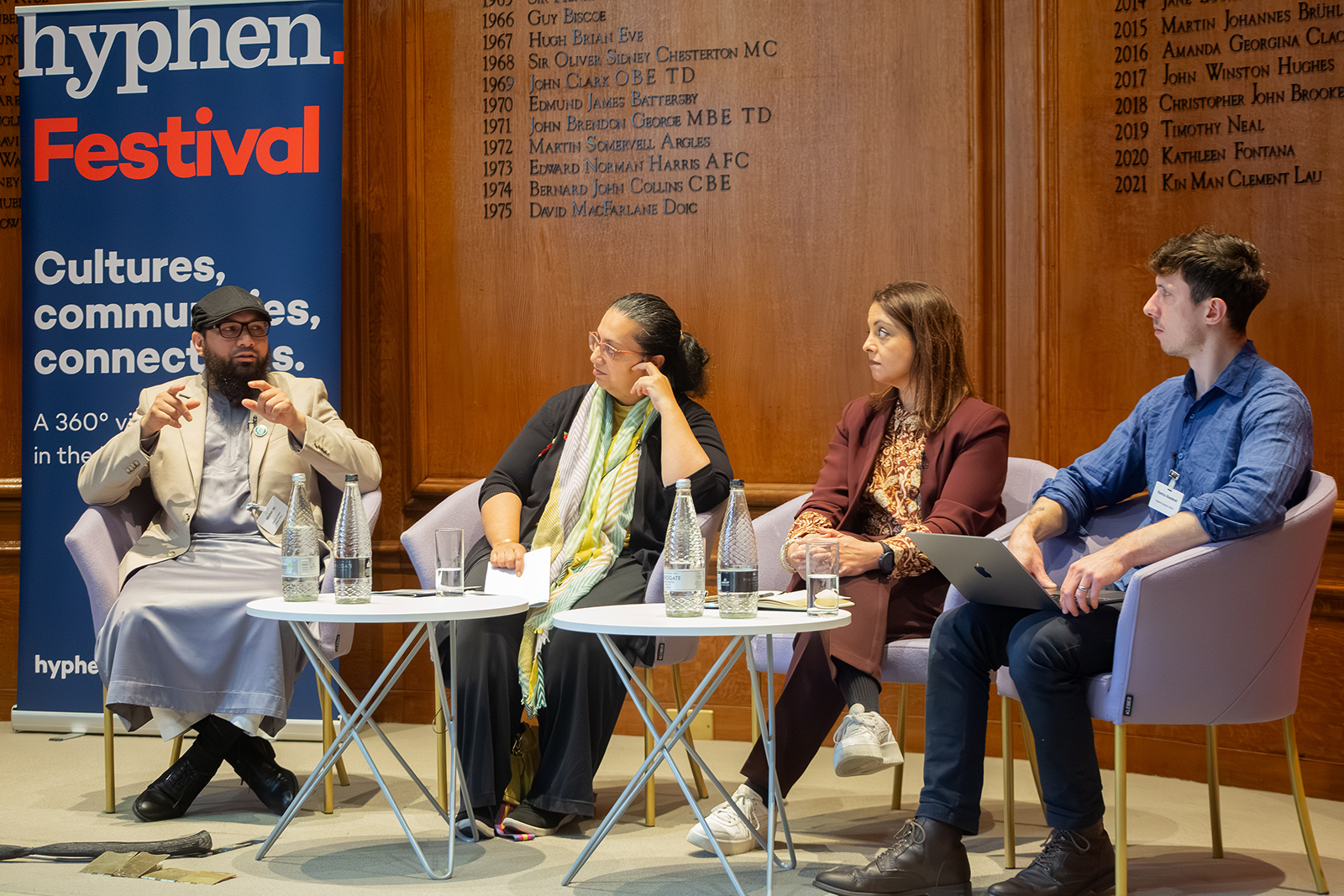
In a separate panel chaired by Hyphen deputy editor Ramzy Alwakeel, representatives of three parties discussed the obstacles to more Muslims getting involved in electoral politics.
Wales TUC general secretary and prospective Welsh Labour candidate Shavanah Taj said that it was “a very dangerous time” for Muslim women and women of colour to enter political life. “People are asking me: ‘Why now of all times, when it feels so dangerous for women, let alone Muslim and BAME women, to consider going into politics?’” she said. “My children sat me down — I have a 14-year-old and a 12-year-old and they were like: ‘Has anyone done a risk assessment? Has the police been in touch? Is our house marked?’”
London Assembly Liberal Democrat leader Hina Bokhari said her own children had asked her similar questions. “I know there are barriers because every time I get to a certain level, I’m the first,” she said. “The first Muslim woman elected as a local councillor. One of the first Muslim women to be in the London Assembly.”
She added: “I would say that there are some increasing barriers now. I did a social media post which I thought I’d get sympathy for. It was about my local mosque getting attacked. The stream of racist responses that I got about how I didn’t belong, that they were going to get me — that kind of threatening atmosphere puts more people off, particularly Muslim women. It’s something that I’m always grappling with. Do I talk about it, will it put other people off, or do I talk about it so that it stops?”
Green Party co-deputy leader Mothin Ali said socioeconomic inequality remained a major barrier to political participation for Muslims. “If you just look at the social breakdown of Muslim populations, we are quite poor,” he said. “The system isn’t designed for someone who has to work a full-time job to try and put food on the table and serve their community.”
Ali said that mainstream parties had taken Muslim voters for granted “because Muslims for so long have had nowhere else to turn to”.
Asked if she agreed, Taj said: “The data speaks for itself. Poll after poll — I’d be stupid to deny it. If you’re a politician, you need to be speaking, you need to be within the community. How else are you going to represent people’s interests?”
 Newsletter
Newsletter


